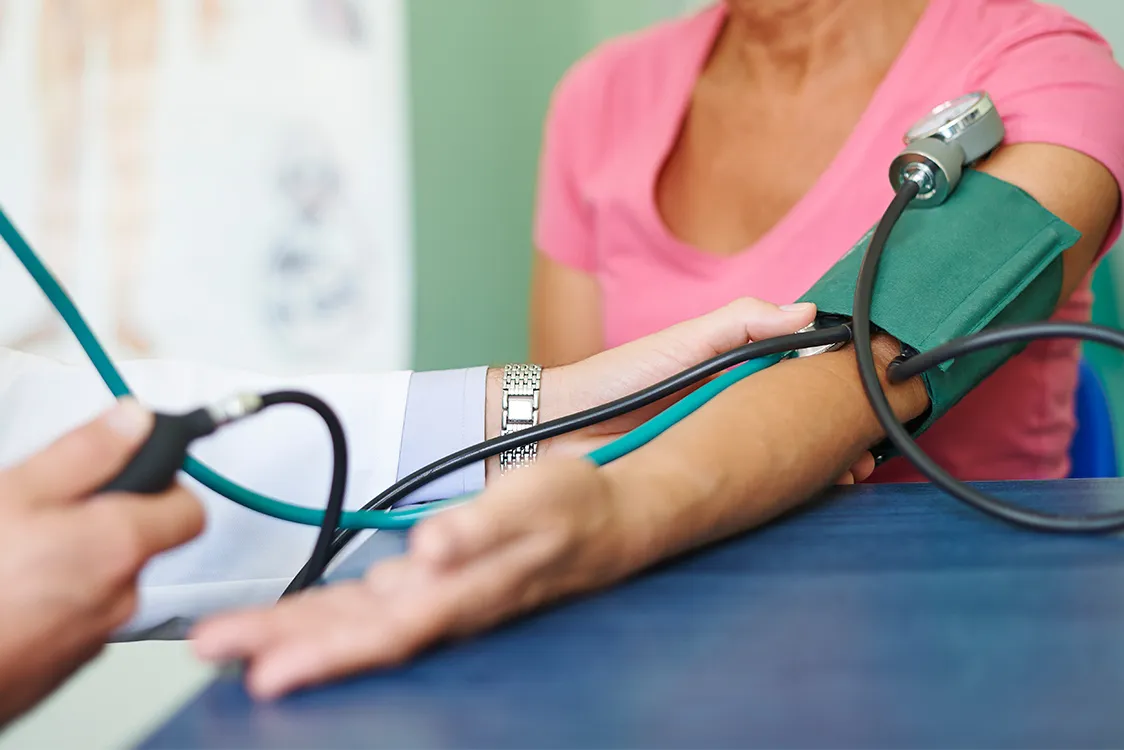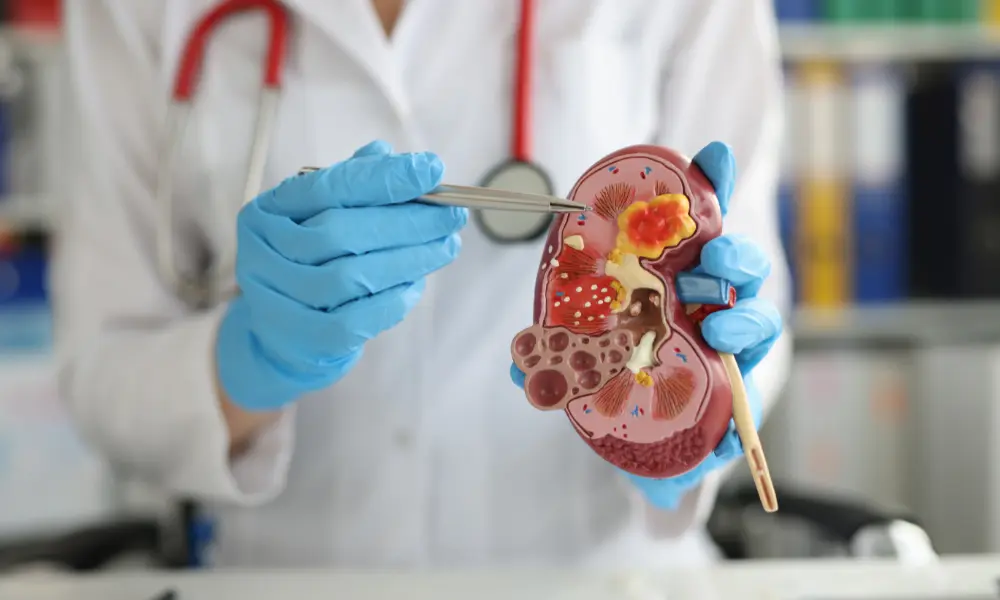What may begin with minor discomfort and itchiness may turn into a nightmare for women. Yes, Vaginal cancer can be a life-threatening disease if not detected in the initial stages.
What is Vaginal Cancer?
It is a cancer that develops in the vagina and then spreads to other parts of the body. The vagina is an extremely important reproductive organ of women and acts as a way for the passage of menstrual blood. Vaginal cancer, though rare, can be deadly.
Therefore, it is important that the disease is detected in the early stages. When the disease is detected in the early stages, you can seek appropriate treatment that can eventually help prevent the condition from spreading further. As per a recent news report, vaginal cancer is commonly seen in people over 60 years of age. About 50% of those diagnosed are over age 70, and 20% are over age 80.
For the disease to be detected early, one must be aware of the early symptoms. It is hard to spot the symptoms of vaginal cancer. However, if one can identify certain symptoms and undergo the required tests, the disease can be diagnosed easily. This eventually prevents the disease from spreading further.
Symptoms of the Vaginal cancer
Pre-cancer Symptoms
This form of cancer usually starts as a precancerous condition called vaginal intraepithelial neoplasia (VAIN). At this phase, the only sign of cancer is abnormal-looking cells in the innermost surface layer of the vagina. There are no physical symptoms that one could feel or notice. VAIN is slow-growing and can take years before turning into cancer.
Early Symptoms
At this stage, cancerous cells are present in the lining of the vagina, which does not cause any symptoms. This eventually makes diagnosis difficult; however, if the cancer is aggressive and tends to spread rapidly, you might see some symptoms. Here are a few early symptoms of the condition.
-
Abnormal vaginal bleeding
-
Watery or foul-smelling vaginal discharge
-
Pain during intercourse
-
A mass or lump in the vagina
-
Urinating (peeing) more frequently
Progressive Symptoms
However, if the condition is not diagnosed and the cancer metastasizes, you will see severe symptoms. This tends to affect the nearby organs and tissues. When the cancer reaches advanced stages, it can cause;
-
Pain with urination
-
Blood in the urine or stool (poop)
-
Constipation
-
Back pain
-
Abdominal pain
-
Pelvic pain
-
Leg swelling
Symptoms of vaginal cancer in children
Vaginal cancer is rare in adults. However, it is much rarer in children. The primary indication of childhood vaginal cancer usually is vaginal bleeding. If you see such bleeding in a child, it could be due to the onset of their menstrual period and not related to cancer. However, if there is unusual vaginal bleeding in children, one must ensure to speak to a medical practitioner for their guidance
It is best to be aware of the symptoms and make others around us aware of these symptoms, too, as this can save an individual’s life from unnecessary trauma and medication or even save someone’s life.
FAQ on Vaginal cancer
Is vaginal cancer curable?
Vaginal cancer at an early stage can be treated at advanced-stage cancer is hard to treat and may require ongoing chemotherapy and other treatment options.
How to avoid vaginal cancer?
To avoid vaginal cancer, one must ensure to take vaccination against human papillomavirus (HPV), stop smoking, practice safer sex, and manage precancerous lesions.
What is the first stage of vaginal cancer?
Stage 1 of vaginal cancer refers to a stage when the cancerous cells have started to grow in the vaginal walls but have not spread further.
How to test for vaginal cancer?
Colposcopy is an exam that helps to detect vaginal cancer. It helps to look at the vagina with a special lighted magnifying instrument.





